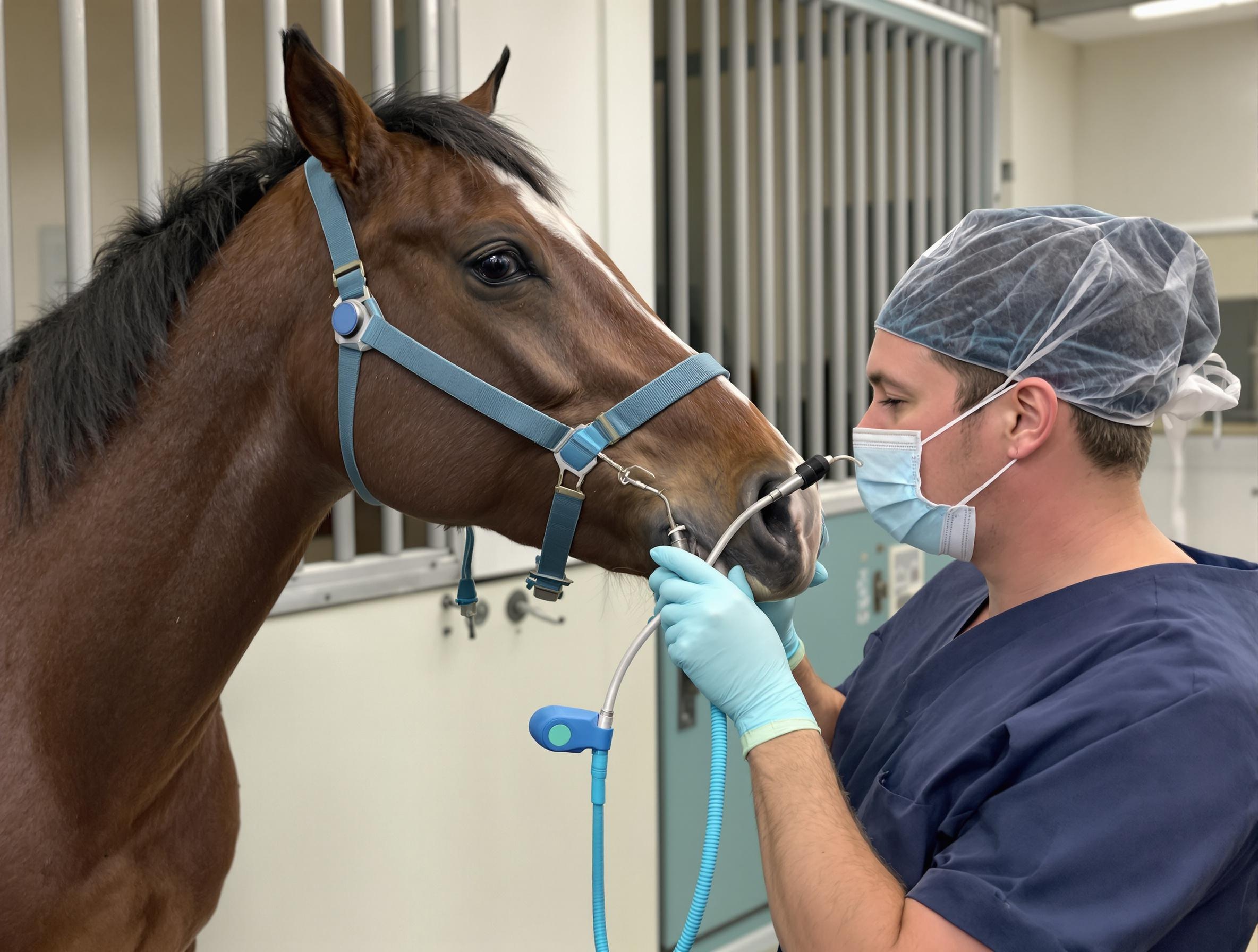Treating Your Horse’s Pain

Is your horse showing signs of discomfort or suffering? Signs that your horse might be in pain include restlessness, loss of appetite, or lying down more than usual. Horse pain is usually associated with injury, arthritis, or a musculoskeletal disorder. Although a homeopathic remedy could offer some relief, prescription pain medication may be necessary to treat more severe pain. Prescription pain medication does have potential side effects, which you should discuss with your veterinarian or equine specialist.
Try an alternative to prescription pain medication
If your horse has inflammation resulting from a sprain or other injury, a homeopathic product such as T-Relief Tablets can provide relief. Veterinarians often recommend these tablets as a safe and reliable alternative to non-steroidal anti-inflammatory drugs (NSAIDs), since they have no known side effects.
Treat severe pain with a prescription
Excessive injuries can lead to “horse lameness,” one of the most common musculoskeletal disorders in horses. For severe pain caused by a musculoskeletal disorder, or arthritis, NSAIDs can provide relief. Unlike a homeopathic remedy, NSAIDs require a prescription from a veterinarian. To treat your horse’s arthritis pain, or pain from an injury, your veterinarian might recommend Surpass or Phenylbutazone. For pain associated with musculoskeletal disorders or horse lameness, your horse may need Banamine Paste or Phenylzone Paste.
Report side effects to your veterinarian
All prescription pain medications have potential side effects that your veterinarian can discuss with you in detail. For example, pain medications that require injection could cause a localized allergic reaction or swelling. If you notice this symptom in your horse, or any other unusual occurrences like diarrhea, bloody stools, vomiting, seizures, or ulcers, contact your veterinarian immediately.





